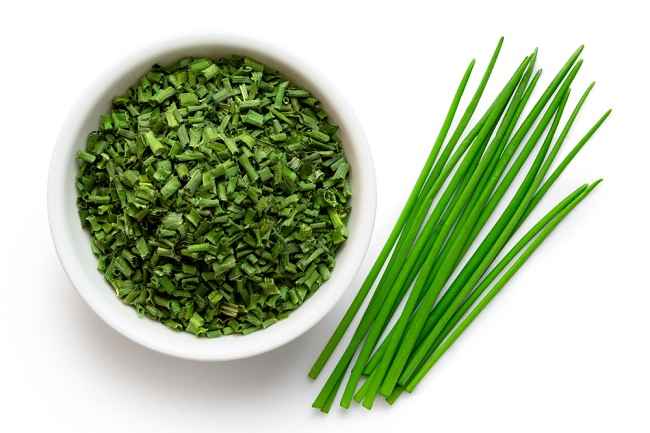Although eel meat is not as popular as beef, fish, and chicken, there are many benefits of eel for children's complementary foods that are a pity to miss, you know, Bun. Besides being good for children's health, eel also has a variety of nutrients and tastes delicious.
At a glance, eels are almost similar to snakes, yes, Bun. However, you need to know that this slippery animal is still included in the fish class. Just like fish, eels have a myriad of important nutrients needed by the child's body.

Eel Nutrition Content
In 100 grams of eel meat, there are about 185 calories and a variety of the following nutrients:
- 18.5 grams of protein
- 11.5–12 grams fat
- 270 milligrams of potassium
- 20 milligrams of calcium
- 4 milligrams of vitamin E
- 500 IU of vitamin A
- 900 IU of vitamin D
- 15 micrograms of folate
- 6.5 micrograms selenium
- 1.5 milligrams zinc
Not only that, eels also contain other nutrients, such as choline, magnesium, phosphorus, and B vitamins. Eels also contain omega-3 fatty acids, but in less quantity than other types of fish. However, the mercury content in eels is low, so it is safe and healthy for children.
Benefits of Eels for Children's MPASI
Since the age of 6 months, children can be given complementary foods to breast milk or complementary foods. When giving MPASI, Mother is strongly recommended to provide a nutritionally balanced diet. One of them is eel.
Thanks to its abundant nutritional content, eating eel can provide a variety of health benefits, including:
1. Increase endurance
The content of protein, folate, vitamin A, vitamin D, and vitamin E, as well as several minerals, such as zinc and selenium, the eel has a major role in increasing the child's immune system. By giving your little one nutritious food such as eels, his immune system will be stronger, so he will get sick less often.
It is also important to maintain a strong body immunity in children, so that they can avoid various viruses and germs that cause disease, such as the flu or the Corona virus.
2. Strengthens bone and teeth health
The benefit of eels for the next child's complementary food is that it can strengthen the health of their bones and teeth, Bun. This is because eels contain nutrients that are good for health and the formation of bone tissue and children's teeth, such as vitamin D, calcium, potassium, phosphorus, and protein.
In addition to eating eel, so that the baby's bone and teeth health is maintained properly, Mother is also recommended to regularly give milk, cheese, green leafy vegetables, and various types of fish. With adequate nutritional intake, your little one will also be at a lower risk of experiencing diabetes stunting.
3. Prevent anemia
Anemia or lack of blood is one of the diseases that can hinder the process of child growth and development, especially if this disease is not treated properly. In order to avoid anemia, children need to be given foods that contain iron, folate, and vitamin B12. One of them is eel.
Iron, folate, and vitamin B12 found in eels have an important role in the process of forming hemoglobin and red blood cells. If the number of red blood cells and hemoglobin in the little one's body is sufficient, he will not be prone to anemia.
4. Maintain eye health
Eels are a good source of vitamin A and choline for eye health. With adequate intake of these two nutrients, the growth and function of the child's eyes will be maintained.
In addition, vitamin A also plays a significant role in the process of cell and tissue growth in the body, especially in maintaining healthy hair, nails, and skin.
5. Support the process of growth and development
Because of its abundant nutritional content, eels are also good for processing into complementary foods that can support the child's growth and development process. The nutritional content of these animals can also meet the daily nutritional intake needed by the Little One.
In fact, the intake of protein, choline, folate, and omega-3 from eels is good for supporting brain development. In addition, eels can be a source of energy to support your little one's activities every day.
Those are the various benefits of eels for children's complementary foods. This animal protein source can also be processed into various dishes, such as: sushi, rendang, crispy fried eel, shredded, or made into stir-fry, which your little one will surely love.
However, before adding eel to your child's complementary food menu, make sure you process it until it's really cooked, OK? In addition, make sure that your little one does not have an eel allergy.
If your little one experiences certain symptoms after eating eel, such as itching and rash on the skin, nausea, vomiting, stomach pain, diarrhea, or shortness of breath, immediately take him to the doctor for proper examination and treatment.









